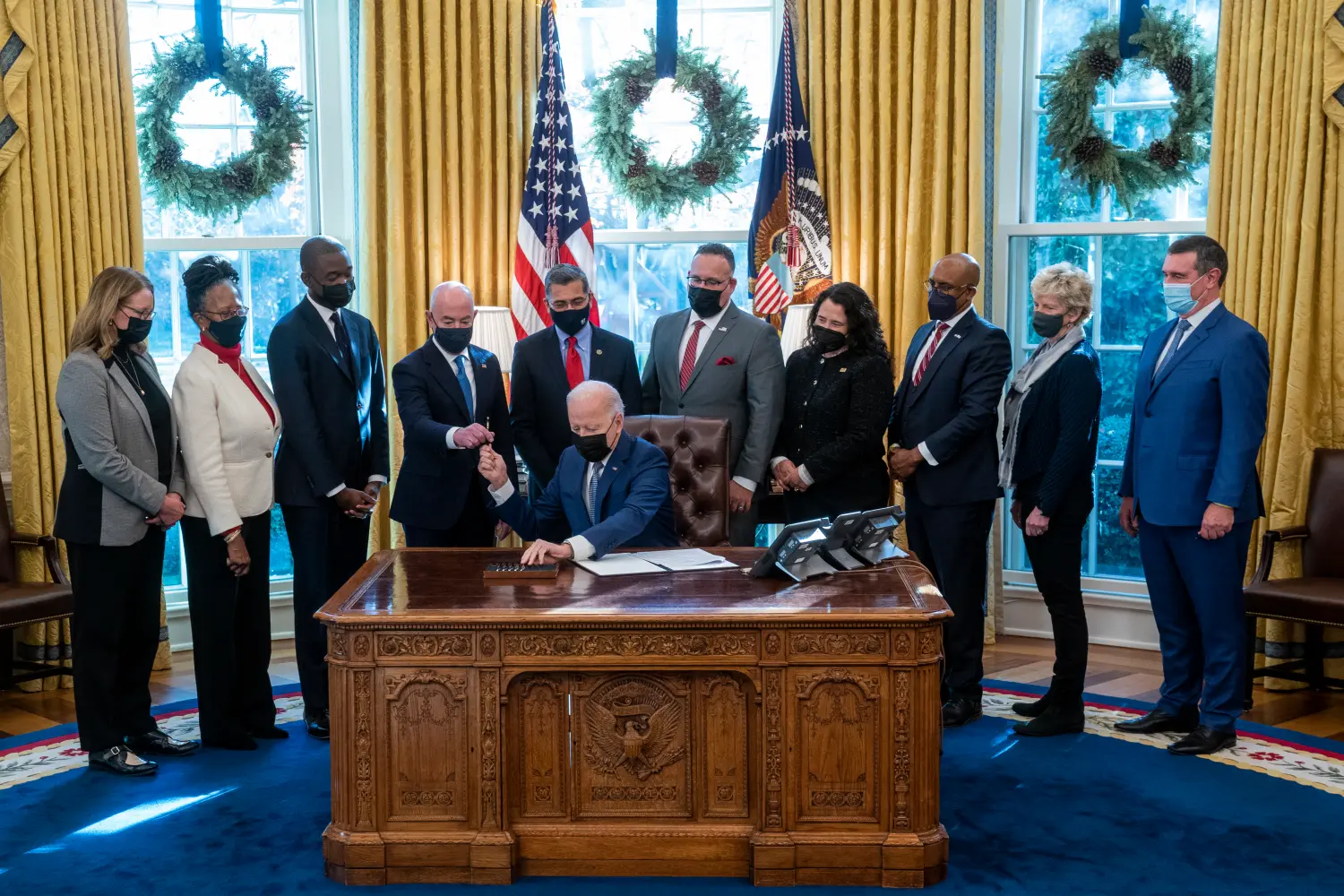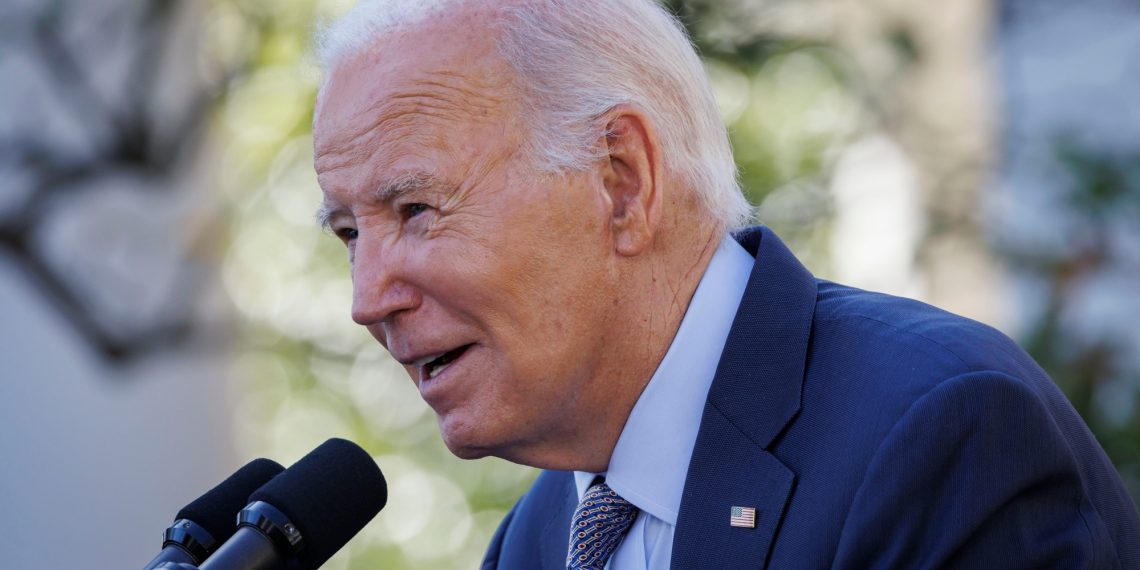The Biden administration unveiled a rule to cap credit card late fees, part of a broader initiative to tackle what it calls “junk fees” burdening Americans. The new regulations, set by the Consumer Financial Protection Bureau, limit late fees to $8 for most credit cards or require banks to justify higher charges.
This move is expected to save consumers up to $10 billion annually, with the average late fee dropping from $32.
President Biden emphasized this proposal as part of his strategy to reduce costs for Americans. He announced the formation of a “strike force” aimed at combating illegal and unfair pricing across various sectors, including groceries, healthcare, and financial services.

Led by the Justice Department and the Federal Trade Commission, the strike force seeks to promote competition and lower expenses for consumers.
The Biden administration’s efforts are framed as crucial for the economy, aiming to eliminate around $20 billion in annual “junk fees.” However, these initiatives haven’t significantly boosted Biden’s approval ratings on economic leadership, with just 34% of adults approving of his performance.
Amid record credit card balances and rising delinquency rates, concerns about consumer debt are growing. The Credit Card Accountability Responsibility and Disclosure (CARD) Act of 2010 aimed to address excessive penalty fees, and the Federal Reserve previously capped late fees.

The current proposal from the Consumer Financial Protection Bureau builds on these efforts, aiming to further rein in financial burdens on consumers.
Additionally, the Agriculture Department announced measures to curb deceptive contracts by meat processors and prevent retaliation against small farmers. These actions align with the administration’s broader agenda to promote fair competition and protect consumers’ financial interests.




